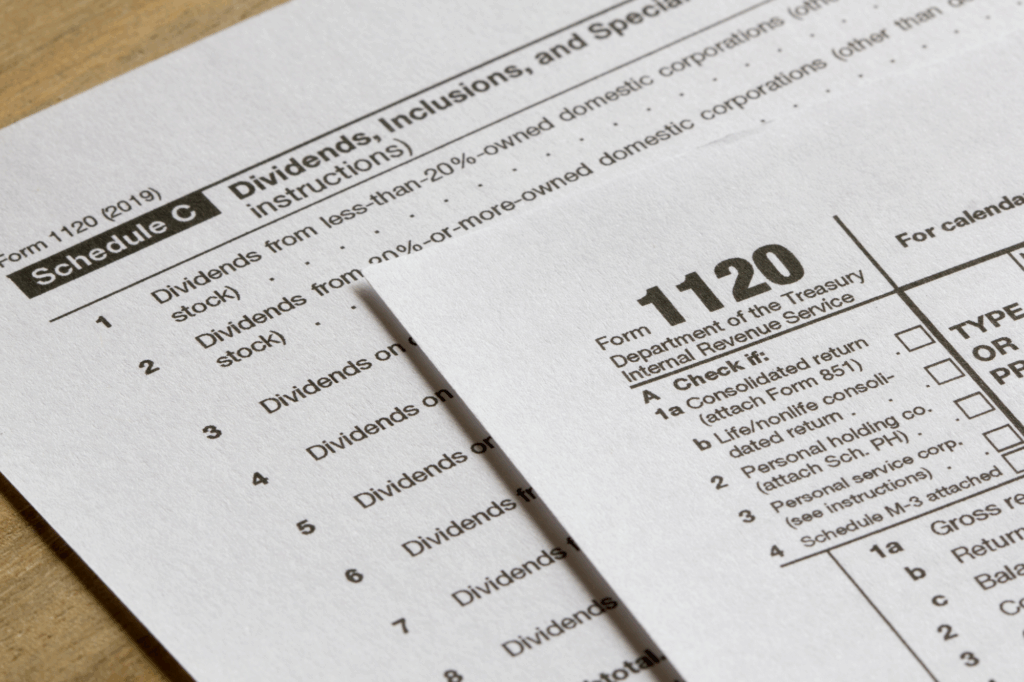As a business owner, understanding your federal tax requirements is crucial. This guide, prepared by Clemta, aims to help you grasp your responsibilities during the federal taxation period in the United States. We’ll cover essential filing timelines, the process of calculating federal taxes, and the importance of bookkeeping and accounting services for your business. With Clemta, you can ensure your taxes are filed accurately and payments are made on time. To find out more about how our services can assist you, visit Clemta.
Important Filing Deadlines
Annual federal filing is a mandatory requirement for any company registered in the United States. The filing deadline for company owners is April 15th every year. However, tax season runs from January 1st to April 15th, which is known to be the busiest period for accounting firms and services. If your company was structured between January 1st, 2021, and December 31st, 2021, you’ll need to complete your annual filing by April 15th, 2022. Importantly, the IRS requires annual filings regardless of whether your company is active or inactive.
How Clemta Supports Your Tax Needs
Clemta offers the comprehensive accountant services you need, working with experienced CPAs who will review and prepare your documents. This partnership ensures that your filings are precise and timely, allowing you to focus on other aspects of growing your business.
Calculating Your Federal Tax
Estimating a tax bill starts with estimating taxable income. In a nutshell, to estimate taxable income, we take gross income and subtract tax deductions. What’s left is taxable income. Then we apply the appropriate tax bracket (based on income and filing status) to calculate tax liability. Tax credits and taxes already withheld from your paychecks might cover that bill for the year.
Federal tax is calculated as: revenue – expenses = income.
Later, your income is taxed anywhere between %10 – %37.
This goes for the LLC’s.
If your company is a C-Corp, then first you will have to pay 21% corporate tax, then follow the abovementioned process to spend your earnings as personal income.
We are sharing a calculator where you can simulate desired revenue amounts to see the tax levels. Also, please note that the tax numbers will be higher on this number as it includes some taxes that only U.S. residents will pay.
The Necessity of Bookkeeping
Bookkeeping is the systematic recording of your business’s financial transactions. Proper bookkeeping is fundamental; it prevents transactions from being unrecorded and helps avoid errors and oversight. Our bookkeepers at Clemta employ the same methods as accountants to ensure accuracy and facilitate smooth processing of your financial information. They handle:
- Receipts, invoices, and all transaction details
- Data entry in accounting software
- Cost allocation to specific clients
The Value of Working with a CPA
CPAs can wear many hats for your small business. They handle bookkeeping, preparing important financial documentation (e.g., tax documents and profit-and-loss statements), financial planning, and tax filing, among other tasks.
They can also provide sound financial advice for your business as you continue to grow, so you can concentrate on running your business. These are the general responsibilities you can expect from a CPA:
- Tax filing, planning, and advice: CPAs are qualified to handle all of your business tax needs, including year-round recordkeeping and filing tax extensions with the IRS.
- Tax and financial compliance: If you are audited, CPAs can reduce the cost of audit findings by negotiating with the IRS on your behalf. Because of their extensive knowledge, CPAs can catch financial and tax problems before they become an issue, thus preventing an audit.
- Consulting: CPAs can assist you with important financial decisions, budgets, financial risk management problems, and other financial services. They can also provide valuable advice on complicated financial matters.
- Forensic accounting: CPAs can help monitor your books and prevent fraud.
- Payroll: If you’re not already using top payroll software, CPAs can set your business up with a platform that works for your company.
- Bookkeeping: CPAs are qualified to help you create, maintain, and review financial books throughout your business lifecycle.
Federal Tax Filing Process with Clemta
Let us share the details of what the federal filing process with Clemta will look like:
- A tax form is sent out to our customers to gather financial information alongside partners’ information. If you have completed the bookkeeping on your own, please share the bookkeeping documentation with us. If you haven’t drafted bookkeeping, then please share your Business Bank Account Statements, so we can help you through the bookkeeping in return for a small fee.
- Clemta CPAs (Certified Public Accountants) review the documents and prepare a draft copy.
- A draft copy is sent out to our customers for a review period.
- Once the review is completed, a complete filing set is sent out to our customer for approval.
- After your confirmation, we’ll send the documentation for your e-signature through Docusign.
- Lastly, the tax filing will be submitted to the IRS and the federal filing will be completed.
Clemta Taxation Team








